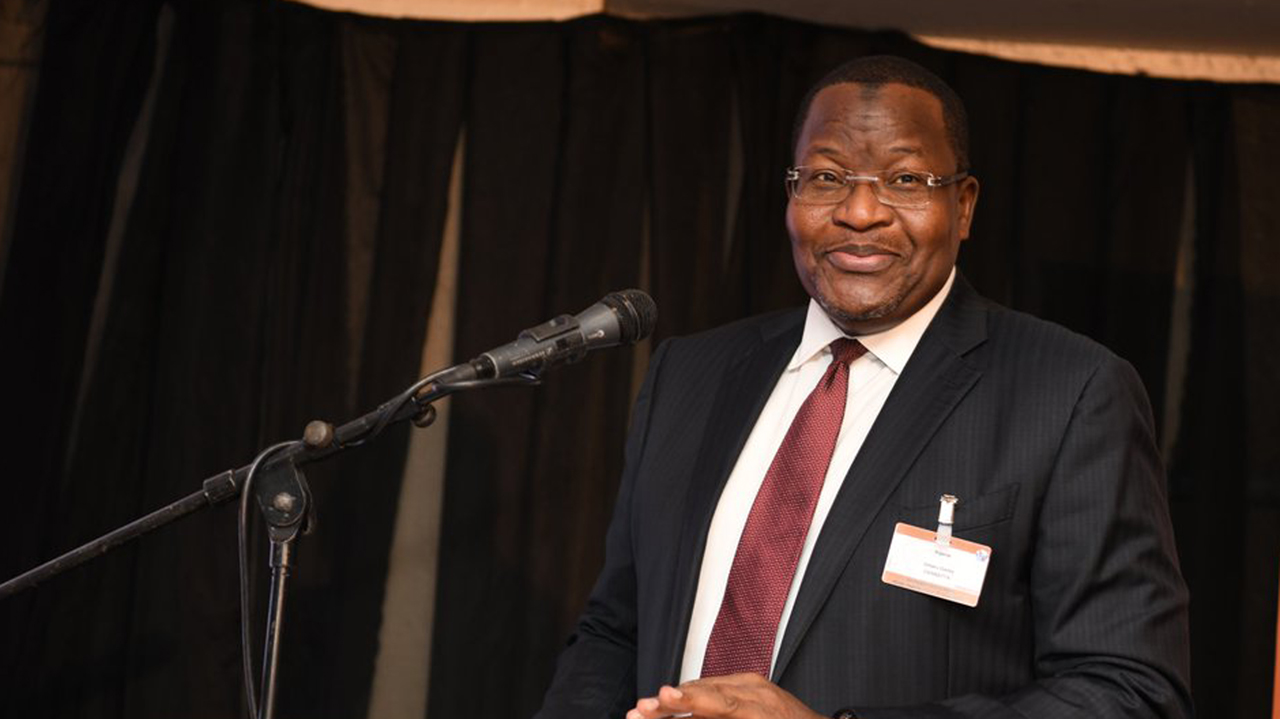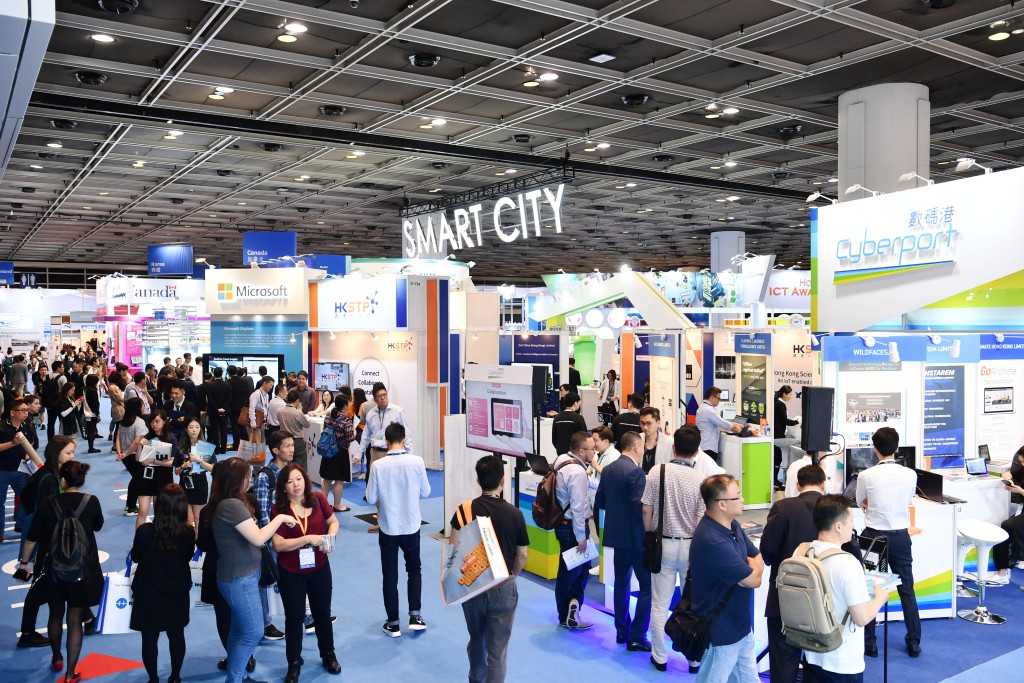Whereas the 5G technology has invaded major parts of the developed and developing world, here in Nigeria, there are identified four issues shaking the table of its massive adoption.
These factors include but not limited to lack of 5G-enabled devices, high deployment costs, a shortage of frequencies with sufficient spectral efficiency, and a lack of trained personnel with the necessary knowledge of the technology.
Business Hilights recalls that in the beginning, MTN Nigeria pioneered 5G mobile services in the country and it was later on followed by Mafab which in January launched the new technology that many believe would revolutionise the nation’s cyber space.
Only recently, another local player, Airtel obtained the 5G licence but is yet to launch the service in the country after all.
Yes, analysts say users have the choice of going for phone, router bundles or SIM-only 5G offerings. The offers differ significantly between and within regions. Worldwide adoption of the potential fifth-generation technology is still going strong, but it is very low in Nigeria due mainly to cost differentials.
Whereas percentage use of iPhone in Nigeria remains too poor due to price, excruciating cost of production is another factor derailing manufacturers from adopting the technology as when its cost is added to production, cost per unit product will jump which will push away consumers.
However, to accelerate the adoption of the technology, a national 5G policy was introduced in Nigeria to drive network deployment.
Unveiling the policy, President Muhammadu Buhari averred that “The national policy includes a deployment plan to ensure that major cities across the country benefit from 5G technologies. It also seeks to make 5G a major driver of our economy, a catalyst for smart cities in the country and a platform for the creation of jobs that support our digital economy.”
However, in tackling the militating factors, the Chairman of the Association of Licensed Telecom Operators of Nigeria (ALTON), Engr. Gbenga Adebayo, expressed concern about the exorbitant price of the 3.5GHz spectrum during a stakeholders’ forum in Lagos in November 2021, stressing that “The best thing the government could have done, in Adebayo’s opinion, is to make spectrum licenses as low as possible so that the country could take full advantage of the benefits of 5G technology when it is deployed.
In his response, current President of the Association of Telecommunications Companies of Nigeria (ATCON) and chairman of Medallion Group, Engr. Ikechukwu Nnamani, while acknowledging that 5G deployment was far more capital-intensive than 4G and other lower technologies, added that “There is no doubt that the operators are going to spend a lot of money to deploy 5G and they will need to recoup their investments from the service. The only way the cost can be lowered for the subscriber is for the telecoms regulator to make the 5G spectrum’s cost as low as possible”.









